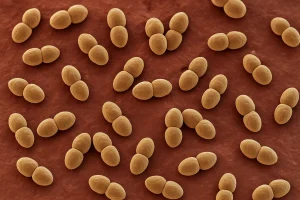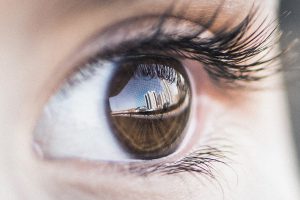Autism Spectrum Disorder (ASD) is a developmental condition that affects how a person perceives the world, communicates, and interacts with others. Many people wonder: Can someone with ASD live a normal life? The answer is yes. With the right support, therapies, and understanding, individuals with ASD can lead fulfilling, independent, and successful lives.
What Are Common Symptoms of ASD?
Symptoms can vary widely, but some of the most common include:
- Difficulty with social communication and interaction.
- Repetitive behaviors or restricted interests.
- Sensory sensitivities (over- or under-reacting to sounds, lights, textures).
- Preference for routine and difficulty with changes.
- Delays in language or unusual patterns of speech.
Is ASD the Same as Autism?
Yes, ASD is the medical term for what is commonly known as autism. The term “spectrum” highlights the wide range of challenges and strengths people may experience. Some individuals may need significant support in daily life, while others may live independently and excel in their careers.
How Does ASD Affect a Person?
ASD influences multiple aspects of life:
- Social interaction: Difficulty understanding nonverbal cues or building relationships.
- Communication: Delayed speech, unique ways of expressing thoughts, or advanced vocabulary in specific interests.
- Behavioral patterns: Repetitive actions, strong focus on particular topics, or resistance to changes.
- Daily life: Challenges with flexibility, but also strengths in attention to detail and memory.
Example Table: Challenges vs. Strengths in ASD
| Area | Possible Challenge | Possible Strength |
|---|---|---|
| Social Interaction | Trouble reading emotions | Honesty and directness |
| Communication | Delayed speech or unusual tone | Rich vocabulary in interests |
| Behavior | Need for routine | Strong focus and persistence |
| Sensory Processing | Overwhelm in noisy environments | Heightened attention to detail |
Can Someone With ASD Live a Normal Life?
Absolutely. Many people with ASD:
- Build careers in science, art, IT, and many other fields.
- Form meaningful friendships and family relationships.
- Live independently with proper life skills training.
- Thrive when their strengths are recognized and supported.
The key is early intervention, supportive environments, and encouraging personal growth.
FAQ About ASD
1. What causes ASD?
The exact cause is unknown, but genetics and environmental factors are believed to play a role.
2. Can ASD be cured?
There is no cure, but therapies and interventions help manage challenges and develop strengths.
3. At what age is ASD usually diagnosed?
Most children are diagnosed between ages 2–4, but some receive a diagnosis later in life.
4. Are all people with ASD the same?
No. The “spectrum” means each person has unique abilities and challenges.
5. Can adults be diagnosed with ASD?
Yes. Many adults are diagnosed later when they recognize lifelong patterns of behavior and communication.
Autism Spectrum Disorder (ASD) is a developmental condition that affects communication, behavior, and social interaction. Yes, people with ASD can live a normal and fulfilling life with the right support. Symptoms include social and communication challenges, repetitive behaviors, sensory sensitivities, and a preference for routines. Each person’s experience is unique, and early interventions plus supportive environments make a big difference.
Here are 4 reliable sources on Autism Spectrum Disorder (ASD):
- Centers for Disease Control and Prevention (CDC) – Autism Spectrum Disorder (ASD)
- National Institute of Mental Health (NIMH) – Autism Spectrum Disorder
- World Health Organization (WHO) – Autism Spectrum Disorders
- Autism Speaks – What is Autism?












